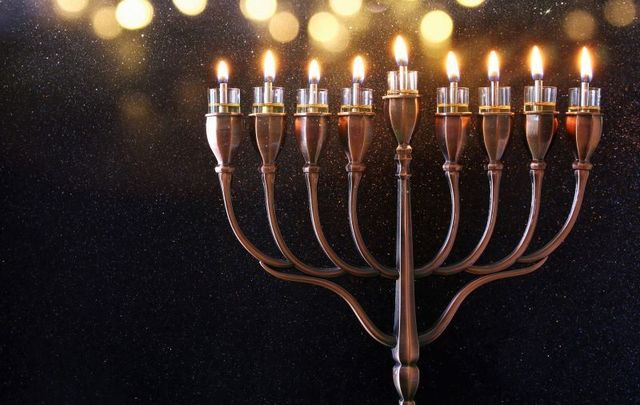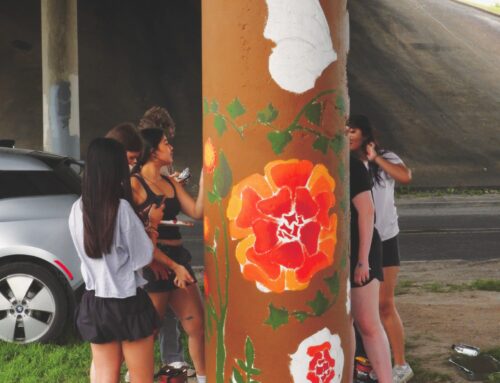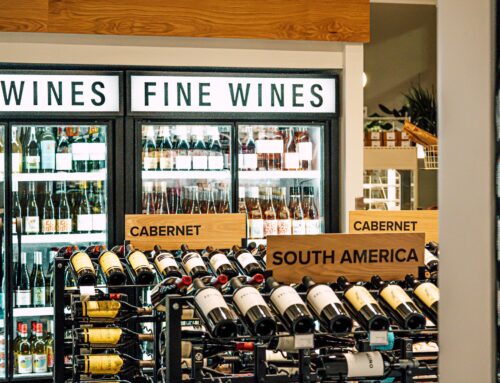
With the election season behind us (if not settled) and having woken from Thanksgiving tryptophan naps (if not from racial injustice), it’s high time to turn to upcoming holidays for inspiration and hope.
Christmas is the obvious candidate for reflection because I am a Christian preacher and get to write this column, and the majority of our readers share my religion. But let’s turn instead to the Jewish celebration of Hanukkah, which this year spans Dec. 10-18 — eight days of menorah candle lighting, dreidel spinning and latke eating.
We should do so whether we are Jewish or not because understanding the religious holidays of our neighbors will make us better strangers. Learning the meaning of others’ religions allows us to further the American ideal of religious pluralism and liberty. It’s also a mirror that helpfully reveals what is common and different in the faith traditions that have shaped our nation.
Hanukkah, also spelled Chanukah, traditionally, is the Festival of Lights commemorating the rededication of the temple in Jerusalem by the Maccabees after their surprising victory over the occupying Greek empire and its local despot, Antiochus IV Epiphanes, in 165 B.C.E. Antiochus banned Jewish rituals and practices, and he desecrated the temple by sacrificing pigs to the god Zeus on the altar, thus violating everything holy about Jewish identity and worship.
When the liberators re-entered the temple, they found enough pure olive oil to burn the lamp for one day, but miraculously, the oil lasted eight days. As freedom of Jewish worship was restored, no mourning was permitted during this period. Only joy and celebration fit the mood for what God had done in bringing enduring light into their darkness.
Hanukkah is not a Jewish alternative to Christmas, with one present given each night over eight days to rival the gift giving of the Christian holiday. It’s an ancient tradition that celebrates religious freedom, the foundational commitment of Roger Williams and other icons of American democracy. It holds out hope that light will prevail, justice will be done and truth will abide.
The word Hanukkah means dedication, and by extension, renewal. Reflecting upon our need for spiritual and national renewal might lead us to find inspiration in the Hanukkah story. We could begin by affirming the right of all religious groups to worship, without the domination of the government deciding what religious practices are acceptable or preferable. We could also perform our own purification. That is, purging ourselves of all things that defile our faith and demean the dignity of others.
Finally, we can commit to common cause with people who seek a society where all are welcome to bring their faith into the commons. We can work for the security and welfare of all our neighbors — those we like and those we don’t like; those we agree with and those we disagree with; those who live next door and those who are seeking shelter on our shores.
Don’t just curse the darkness, light a (Hanukkah) candle.





